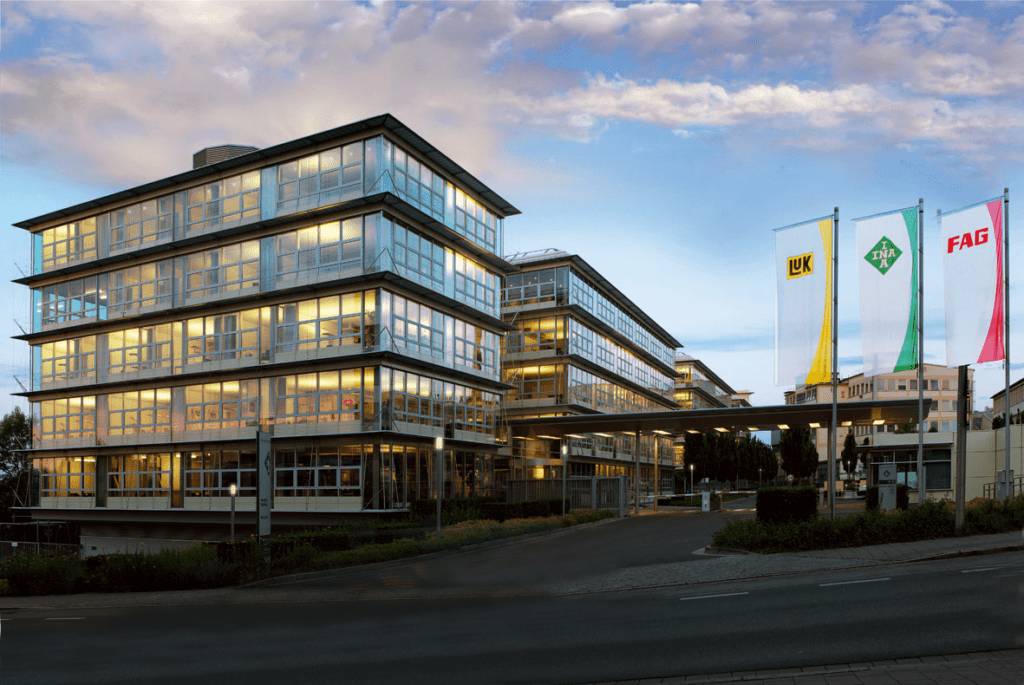Suppliers look to close plants as Brexit causes investment worries
07 November 2018

7 November 2018
The effects of Brexit in the UK continue to bite as two automotive suppliers close plants in the country.
Schaeffler, a supplier of transmission components, bearings, belts and other drivetrain products, is to shut two of its UK manufacturing plants as part of a ′reorganisation’ of its UK business. This is part of its ′Agenda 4 plus One’ programme examining strategic and economic competitiveness and long-term sustainability of all Schaeffler locations worldwide.
In a statement, the company says it will retain a meaningful presence in the UK but will reduce its overall footprint and relocate some production to other facilities outside the country. It is estimated that the plans will take around two years to implement.
The global footprint analysis focused on how best to structure the business in the UK based on various factors including economic conditions, supply and demand, and the decisions OEMs are making. It also took into account that only 15% of the goods Schaeffler produces in the UK remain in the country, while the vast majority is exported to continental Europe. The uncertainty surrounding Brexit was one factor among others in the analysis of the UK market.
Schaeffler is proposing the closure of its Llanelli and Plymouth sites in the medium term and will relocate production to existing plants outside the UK, in the US, China, South Korea and Germany. At present, the Plymouth site mainly produces spindle bearings and machine parts for Schaeffler’s Industrial division and additionally specialised bearings for the aerospace and defence industries. At Llanelli, mechanical tappets and special-purpose bearings are made for automotive manufacturers and selected Industrial customers.
Juergen Ziegler, regional CEO, Europe, commented: ′The changes to our UK footprint are designed to make us more efficient by relocating parts of our production closer to where our products are used. What we are planning for the UK delivers on our ′Agenda 4 plus One’ programme. Brexit is not the single decisive factor behind our decision-making for the UK market, but the need to plan for various complex scenarios has brought forward the timing.’
The European Automobile Manufacturers Association (ACEA) recently warned that a ′no-deal’ Brexit could have serious implications for the UK’s supply chain, especially if tariffs were placed on imports and exports.
Meanwhile, tyre supplier Michelin is to close its plant in Dundee, stating that it cannot offer further investment in the site.
In a statement, the company said: ′Despite the Group’s continuous efforts, and the factory employees’ dedication to making the site economically sustainable through the implementation of several action plans – €70 million has been invested in recent years to modernise the site – the accelerated market transformation has made the plant unsuitable, and its conversion is not financially viable.’
The Dundee site was responsible for producing premium tyres for the brand. However, with manufacturers offering big wheel options and the number of SUVs, which use chunkier tyres, rising, the company has decided it is no longer viable to keep the plant operating.